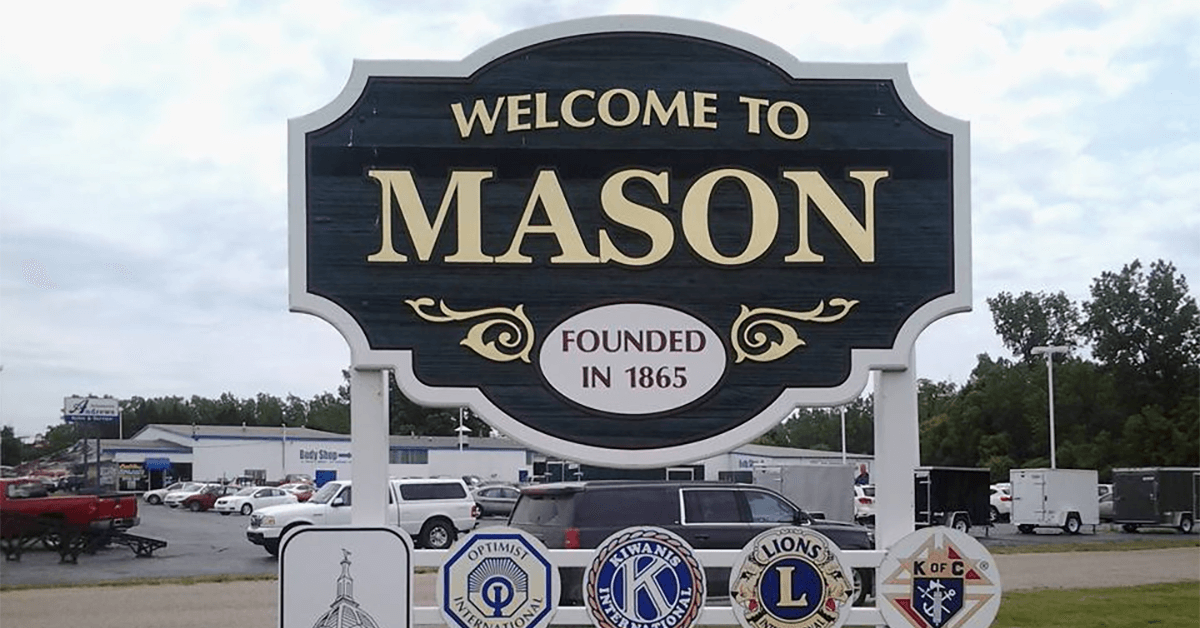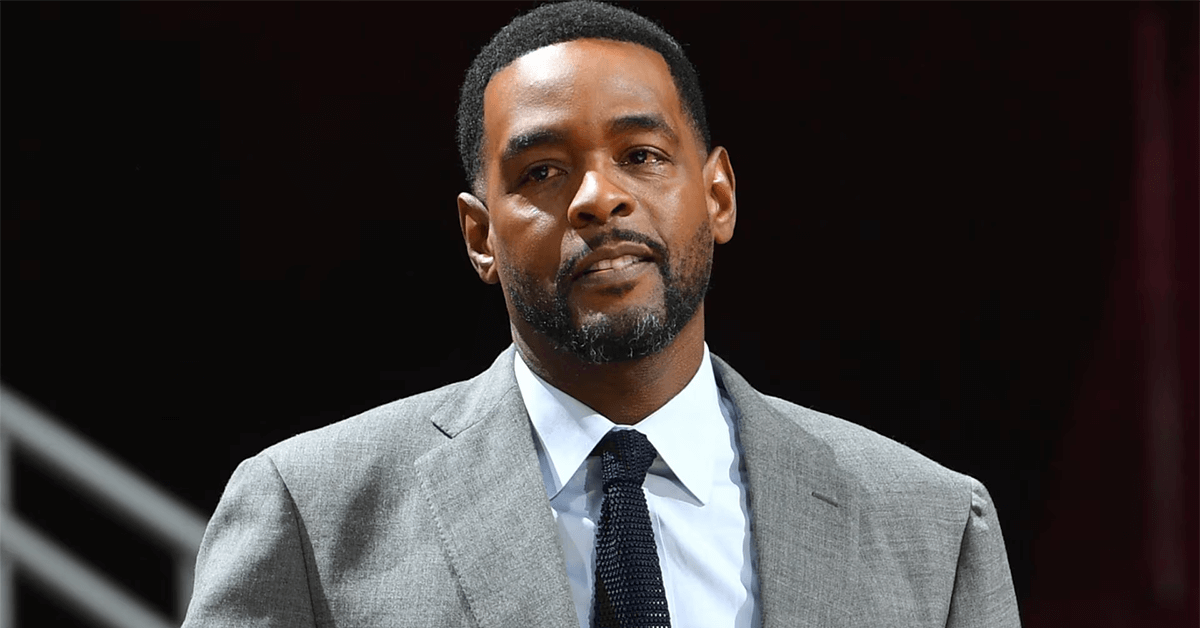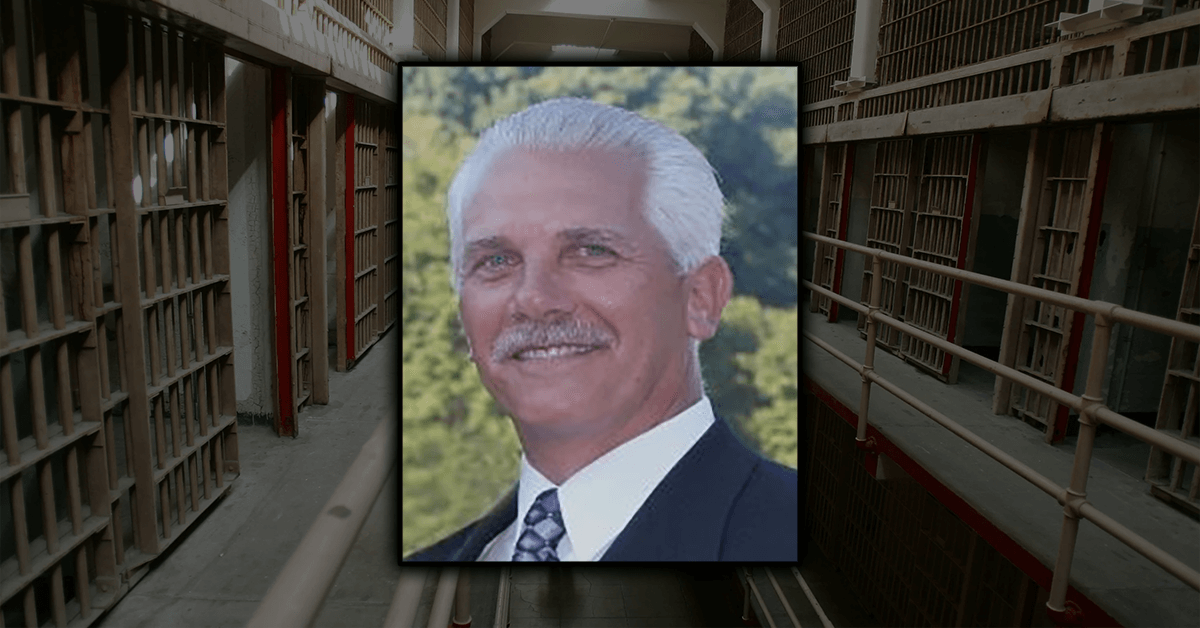Banking Fairness for Michigan’s Booming Cannabis Industry: The Need for the SAFE Banking Act

Imagine: You're a passionate entrepreneur, ready to launch a business that could employ many and boost the local economy. Yet, doors shut on you when seeking basic financial tools such as construction loans or credit lines. The reason? Almost every institution is backed by the federal government, and you're in the cannabis industry.
Despite cannabis being recognized for its therapeutic benefits and recreational appeal, workers and businesses in the industry face a monumental hurdle: the federal government's classification of marijuana as a Schedule 1 drug. This stance bars national financial institutions from engaging in routine business activities with cannabis companies or their employees in states like Michigan.
However, the perspective on cannabis has shifted dramatically. In Michigan, medical marijuana was approved in 2008 and recreational use for adults in 2018 through public voting. Now, 38 states have either decriminalized or fully legalized medical and/or recreational cannabis.
As Michigan's cannabis sector grows and evolves, there's an urgent need for comprehensive public policy. This policy should prioritize public safety and address the unique demands of this emerging powerhouse in our state's economy. This means enabling cannabis professionals and businesses to access similar financial services as any other lawful industry.
Regrettably, this financial equality remains elusive. It's high time Congress enacted the U.S. Secure and Fair Enforcement (SAFE) Banking Act. Here's why:
-
It would empower states like Michigan, where cannabis is legal, to oversee the industry effectively.
-
The SAFE Banking Act champions Michigan's over $3 billion cannabis industry, ensuring entrepreneurs, their teams, and families can utilize essential financial resources.
-
It would enhance the safety of cannabis businesses, reducing risks associated with cash transactions, such as theft, fraud, or more severe crimes.
-
The act addresses disparities in an industry that continues to thrive. As of July 31st, Michigan proudly stands third in cannabis employment, with 32,819 dedicated workers, according to the Michigan Cannabis Regulatory Agency. This figure is only poised to grow.
However, it's pivotal to understand that the SAFE Banking Act doesn't aim to federally legalize cannabis or modify its Schedule 1 status. Its sole purpose is to prevent financial institutions from facing repercussions for serving legal, regulated cannabis entities.
We urge Michigan's congressional representatives to champion the rights of states with legalized cannabis. By endorsing the SAFE Banking Act promptly, they can bolster business, consumer safety, and ensure equal access to financial utilities, all while preserving the security of our communities.
Share this article:
Spotted a typo, grammatical error, or a factual inaccuracy? Let us know - we're committed to correcting errors swiftly and accurately!








 Helpful Links
Helpful Links